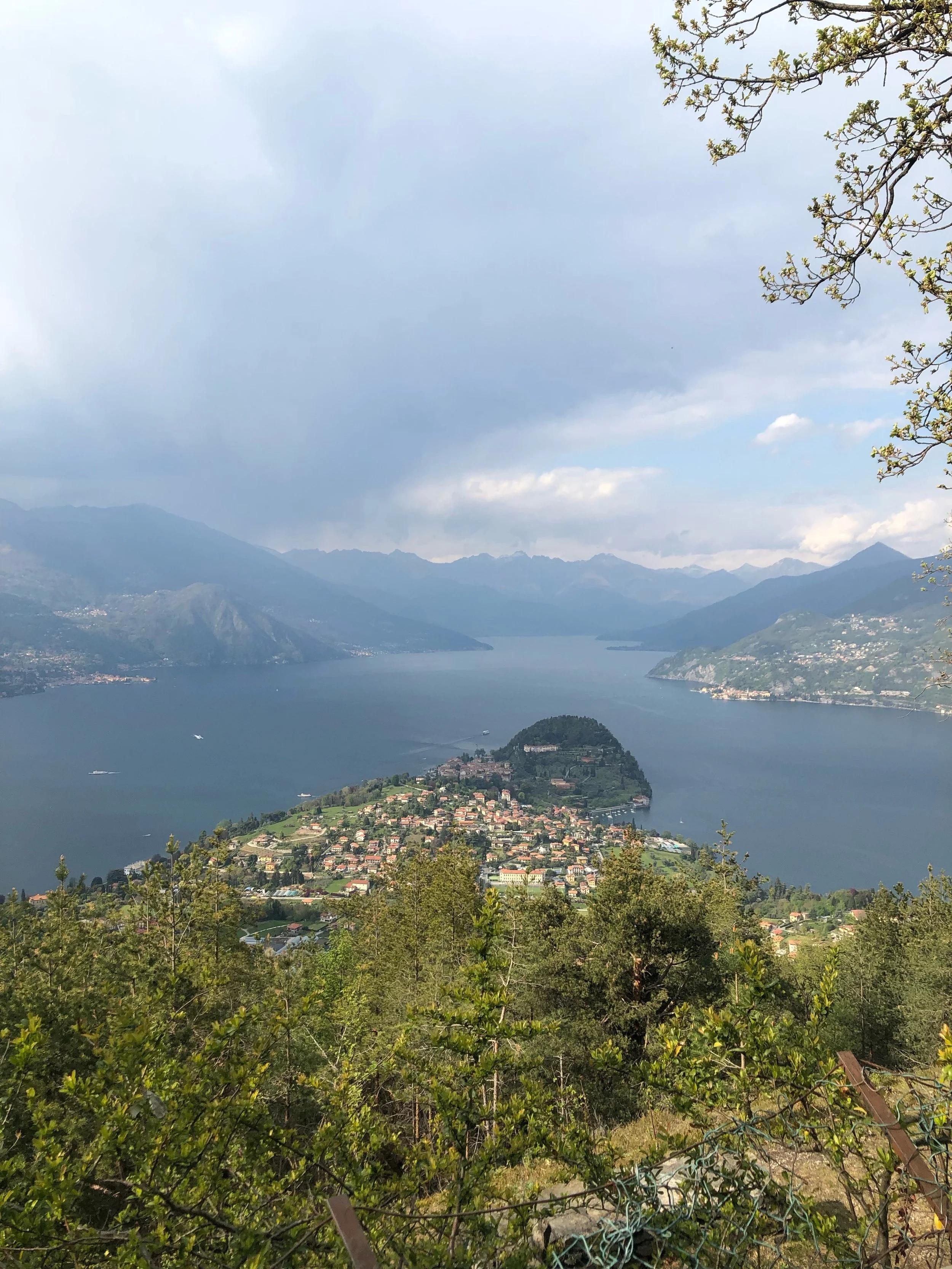What you got is all you have
In university I was on the rowing team. The team trained 5 or 6 days a week nearly year round for a series of 6 spring races that lasted about 7 minutes. Along the way, the coach would measure progress with tests of our fitness that came in the form of all out 2km or 6km efforts that we commonly referred to as “erg tests”. As a coxswain I never had to do these, but I watched my rowers prepare for them and anticipate them. There was a lot of stress around these tests because they were a hard measurement of where you are in fitness and power output relative to your teammates. Often they were shaded by expectations of where one should be or whether you are faster today than you have ever been. These results would sometimes impact where you would sit in the boats, and whether you raced in the varsity boat or second varsity.
Yesterday I had my own sort of erg test. A landslide (frana) hit the lake road where I usually commute back and forth from home. It’s a relatively flat ride of just 13 miles that takes me under an hour. When this road is closed, the closest alternative is to go over the mountain. This not only adds 10 extra miles to the trip, but also 2000feet (650m) of elevation gain over one of the most famous climbs in Italy, the Ghisallo. I could have taken the ferry to the train across the lake, but my boss encouraged me to take on the climb. For me, this was like a surprise erg test. It was a measure of what my body could do on this challenging climb. And Strava gives me incredible data to compare myself on the same segments of the road over the years. I hit the climb and thought of my collegiate teammates. In our 20 year old mindset we used to build up the importance of the tests and think of it as the be all and end all. But what I realized as I took on Ghisallo is that I can only do what I can do. I’ve done the work that I’ve done, and my body would give what it could. The numbers would tell me where I am relative to myself in rides past, relative to my friends who also ride this hill, and relative to all the women who have taken on this climb before me (and recorded it on Strava). So, I should give what I got to find out what I have. That’s what I did.
Unlike the erg (rowing machine), I don’t keep the numbers in front of me telling me my speed the whole way. Instead, I listen to the beating of my heart, the rhythm of my breath and to what my body is telling me. I work as hard as I can and wait until the end to see what the numbers tell me. Turns out that I had some speed in me today. It didn’t come in the beginning. I wasn’t my slowest, but I wasn’t my fastest either. I had speed in the middle of the piece - as I drove my legs up the final switchbacks and pushed for the peak, I delivered some of my best splits on those segments. I also, apparently, had some guts today and descended faster than I ever had. In looking at the numbers, it’s fun to see that I’m in a great place in my training for this early in the season. It’s also great to see that there’s lots of room for improvement compared to myself in years past.
Stepping away from the competitive dynamic of collegiate or elite sport, it’s easy to say “relax”, “trust”. But… relax! Trust! Do the training every day so that when test day or race day come, you can be confident that you can deliver. Because all you got is what you have, so give what you got every day and then you know you’ll have it when you need it. From an almost 40 year old me, to my 20 year old self and teammates…
